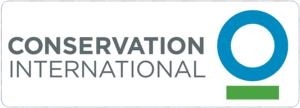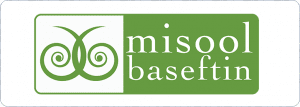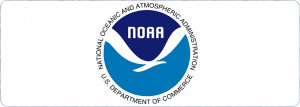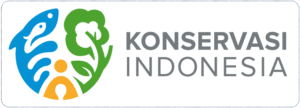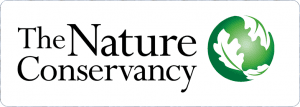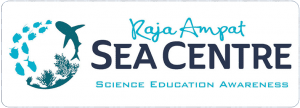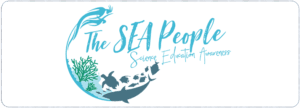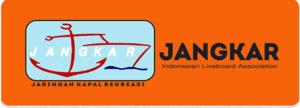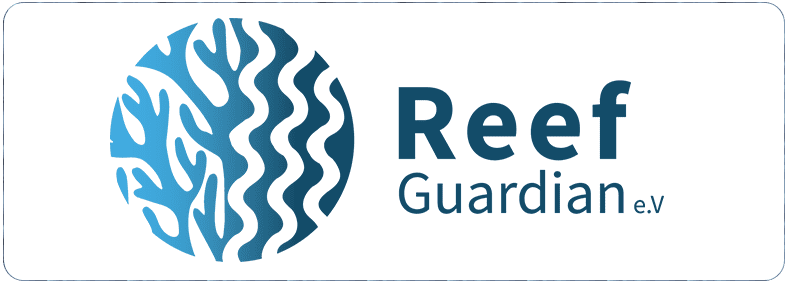WWF-Indonesia’s mission is conservation of Indonesia biodiversity for the well-being of present and future generations. WWF-Indonesia’s ultimate goal is to stop and eventually reverse environmental degradation and to build a future where people live in harmony with nature.
WWF started its conservation initiatives in Indonesia in 1962 as an International Program Office. WWF-Indonesia obtained legal entity in Indonesia in 1996, made it a National Organization within the WWF Global Network, which consists of 27 National Organizations, 6 Associate Organizations, and 22 Program Offices around the world. In Indonesia, we are currently running conservation programs in 28 sites in 17 provinces throughout the archipelago in a number of marine, freshwater and forest ecosystems.
In the Bird’s Head Seascape, WWF initiated the establishment and supports the management of Teluk Cenderawasih National Park, and in partnership with local community and local government of Tambraw initiated the establishment of Abun Marine Protected Area.
The beaches in the Abun, in Tambraw Regency, West Papua, comprise the world’s most important nesting sites of the critically endangered Pacific population of leatherback turtles, Dermochelys coraicea. Despite the success in eliminating turtle’s egg poaching through community patrol activities, the Abun nesting population is still under some major threats including feral predation, inundation from extreme spring tides and coastal/terrestrial development (e.g. for road construction, logging and mining) that may disrupt the integrity of the nesting habitat and hatching success rate.
Teluk Cenderawasih is home to the largest marine park in Indonesia and due to its unique geologic and oceanographic history of repeated isolation, has become a major regional center of endemism. The reefs of Teluk Cenderawasih, with their generally stable temperature regime, may prove to be particularly susceptible to temperature variations caused by climate change. Apart from hosting turtle critical habitats, Teluk Cenderawasih also provides critical habitat for marine mega fauna populations incluing whale sharks (Rhincodon typus), dugongs (Dugong dugon) and dolphin (Delphinidae).
In general, the Marine and Fisheries Program of WWF-Indonesia works with policy makers on enforcement of regulation and improve management of natural resources, with local communities to increase their involvement in the area management, with the fisheries sector to improve fishing practices and mitigate bycatch and overfishing, and with the public to increase support and public activation.
For further info:
| FOLLOW CI ON: |  |
 |
 |
 |






